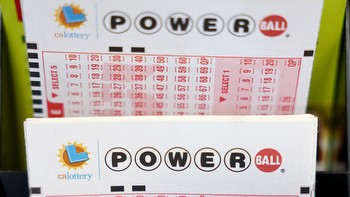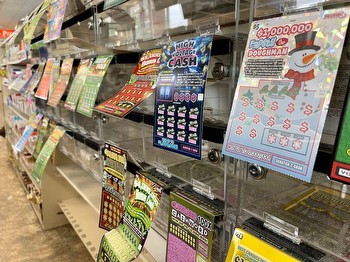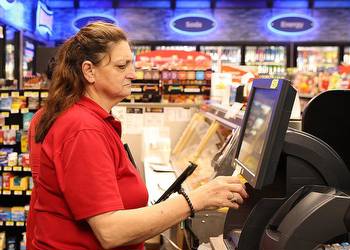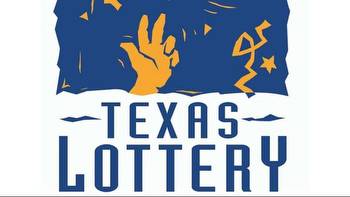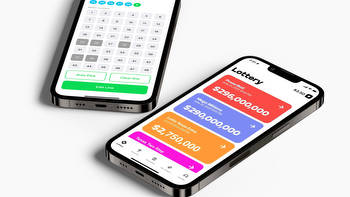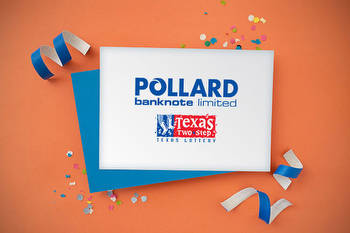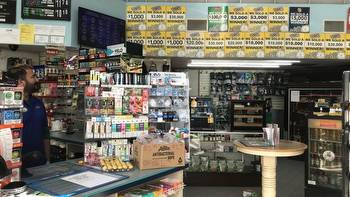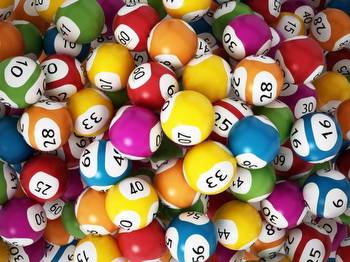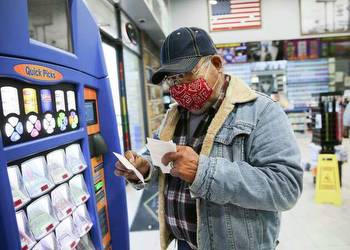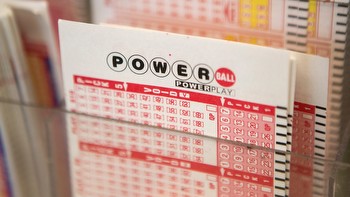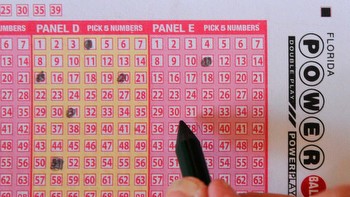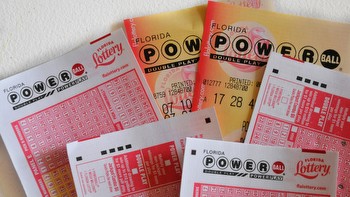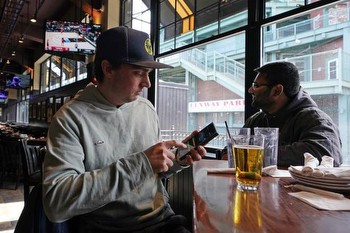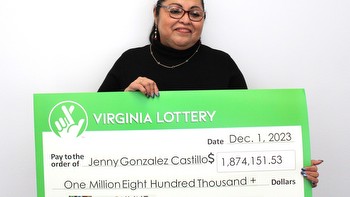Gambling foes criticize new Texas Lottery ticket
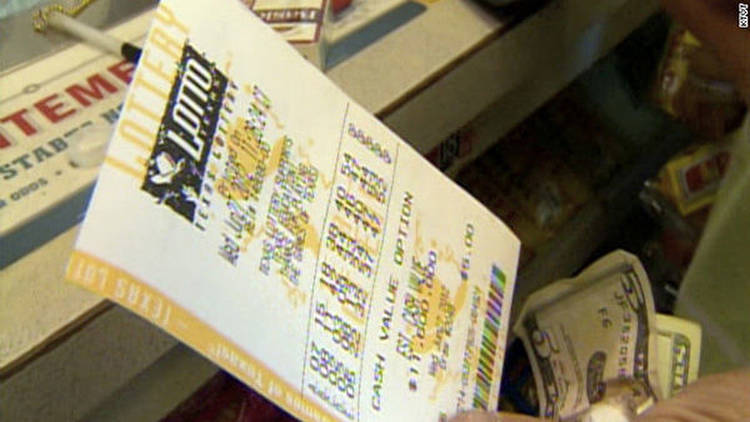
The Texas Lottery upped the ante again, introducing the most expensive scratch-off ticket in the nation—a move gambling opponents labeled as “a cynical business model” and “beyond brazen.”
Last week, the Texas Lottery released a scratch-off ticket that sells for $100. Prizes start at $150, with a top prize of $20 million.
Gary Grief, executive director of the Texas Lottery, called the launch of the $100 scratch-off tickets “monumental.”
“The introduction of the $100 game will provide Texas Lottery players added convenience when they purchase $100 or more of lottery products at a time, and will provide added efficiency for our Texas Lottery retailers, who always face the challenges of long transaction times for large purchases,” Grief was quoted in lotterydaily.com.
‘Same business model as slot machines’
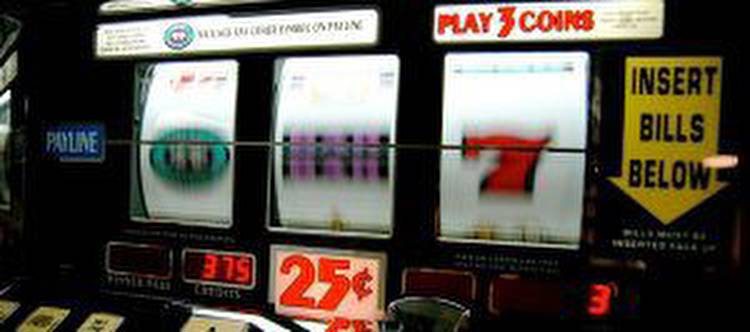 But Rob Kohler, consultant with Texas Baptists’ Christian Life Commission, said the state is betting on the winners of low-price, low-reward tickets wagering their prize winnings to purchase the $100 tickets.
But Rob Kohler, consultant with Texas Baptists’ Christian Life Commission, said the state is betting on the winners of low-price, low-reward tickets wagering their prize winnings to purchase the $100 tickets.
“It’s the same business model as slot machines—rewagering,” Kohler said, “It’s a cynical business model.”
Beyond lottery players using their winnings to purchase an expensive ticket hoping for a big payoff, Kohler said, the other market for the $100 scratch-off ticket is convenience stores that cash payroll checks.
“A significant amount of sales for these convenience stores is from people coming in to cash their payroll checks,” he said. Stores pay a portion of the check amounts in cash, and customers accept the rest in lottery tickets, he explained.
“It shows the state is blinded by sales,” Kohler said.
‘A predator and societal menace’
Rodger Weems, chair of Texans Against Gambling, called the sale of $100 tickets “predatory behavior” by the state.
“I should no longer be shocked by the stunts the Texas Lottery pulls, but this time I am. The Texas Lottery’s decision to offer a $100 scratch-off is beyond brazen,” Weems said.
Russ Coleman, an attorney in Dallas who serves as vice chair of Texans Against Gambling, likewise views the new product as predatory.
“The unfortunate prime targets of the Texas Lottery’s decision to sell $100 scratch-offs are persons in desperate economic circumstances and gambling addicts. The two groups overlap not insignificantly,” Coleman said. “With its decision, the Texas Lottery adds to its status as a predator and societal menace.”








